Nature and Effect of a Minor’s Agreement
Understanding the Legal Framework Surrounding Contracts with Minors
Nature of a Minor’s Agreement
According to Section 11 of the Indian Contract Act, 1872, a contract is defined as an agreement enforceable by law. Since minors lack the legal capacity to enter into a valid contract, any agreement they make is not legally binding. This means that minors cannot be held liable for breaching a contract. A minor's agreement is considered void ab initio, meaning it is void from the outset.
Case: Mohri Bibi v. Dharmodas Ghose
In the 1903 case of Mohri Bibi v. Dharmodas Ghose, the issue revolved around a mortgage agreement between a minor and a moneylender. The plaintiff, a minor named Dharmodas Ghose, mortgaged his property to the defendant, a moneylender, for a loan of Rs. 20,000. However, the actual loan amount was less than Rs. 20,000. The moneylender’s attorney knew that the plaintiff was a minor when the transaction took place.
Dharmodas Ghose filed a case against the moneylender, seeking to void the mortgage since he was a minor at the time of execution. The moneylender argued that the plaintiff had misrepresented his age, and therefore, no relief should be granted. The court ruled that an agreement cannot be considered a contract unless the parties are legally capable of contracting, as specified under Section 10 of the Indian Contract Act.
Effect of a Minor’s Agreement
The effect of a minor’s agreement is that it is void ab initio, meaning it is void from the beginning. Therefore, such an agreement imposes no legal obligations on the parties involved. Additionally, any property transferred under the contract must be returned to the party who transferred it. However, if the minor has received a benefit from the contract, they may be required to compensate the other party for the benefit received.
No Estoppel Against a Minor: The principle of estoppel, which prevents someone from denying the truth of a statement they previously made, does not apply to minors. In the case of Jagar Nath Singh v. Lalta Prasad, the court held that estoppel cannot be used to validate a void agreement. Similarly, the Madras High Court in Vaikuntarama Pillai v. Authimoolam Chettiar and the Patna High Court in Gaganand Singh v. Rameshwar Singh reaffirmed that minors cannot be held liable under estoppel for contracts they entered into as minors.
Exceptions to the General Rule
Doctrine of Restitution: The doctrine of restitution asserts that if a minor acquires property or goods by misrepresenting their age, the property or goods can be returned if they are still in the minor’s possession. However, if the minor has sold or converted the property into cash, they cannot be required to refund it. This principle was established in the case of Leslie (R) Ltd v. Sheill.
No Liability in Contract or in Tort Arising Out of the Contract: When a minor enters into an agreement, it is void from the beginning and does not create any legal obligations. Consequently, a minor cannot be held accountable for breaching promises or for any tortious acts arising from the agreement.
Necessaries and Minor’s Agreement: Contracts for necessaries, which are essential goods or services for a minor's survival and well-being (such as food, clothing, and shelter), are an exception to the voidability of a minor’s agreement. These contracts are considered valid, and the minor can be held liable for breach of contract. The rationale is that necessaries are crucial for the minor's well-being and are generally not beyond the minor’s means. Thus, the minor is protected from exploitation.
Parents’ or Guardians’ Liability: Parents or guardians may be held responsible for contracts entered into by minors. If a minor enters into a valid and enforceable contract, the parent or guardian can be liable for any breach. However, their liability is limited to contracts beneficial to the minor and not contrary to their interests. Parents or guardians are not liable for contracts that do not benefit the minor or are against their interests.
Conclusion
A minor's agreement is generally considered void ab initio. However, contracts for necessaries, which are essential for a minor's survival and well-being, are exceptions. While parents or guardians can be held liable for contracts entered into by minors, this liability is limited to contracts that benefit the minor and are not against their interests.
Share
Related Post
Tags
Archive
Popular & Recent Post









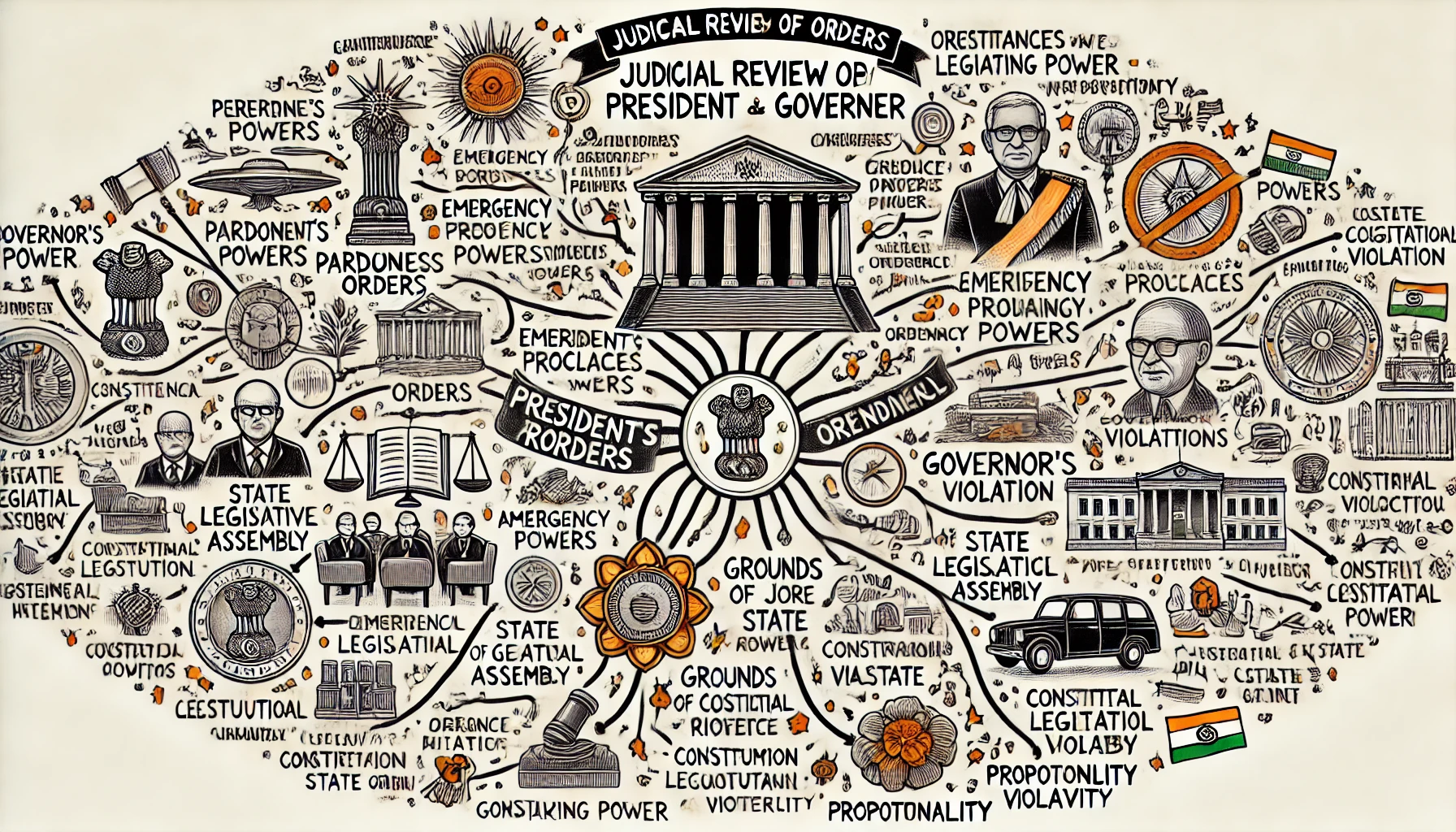
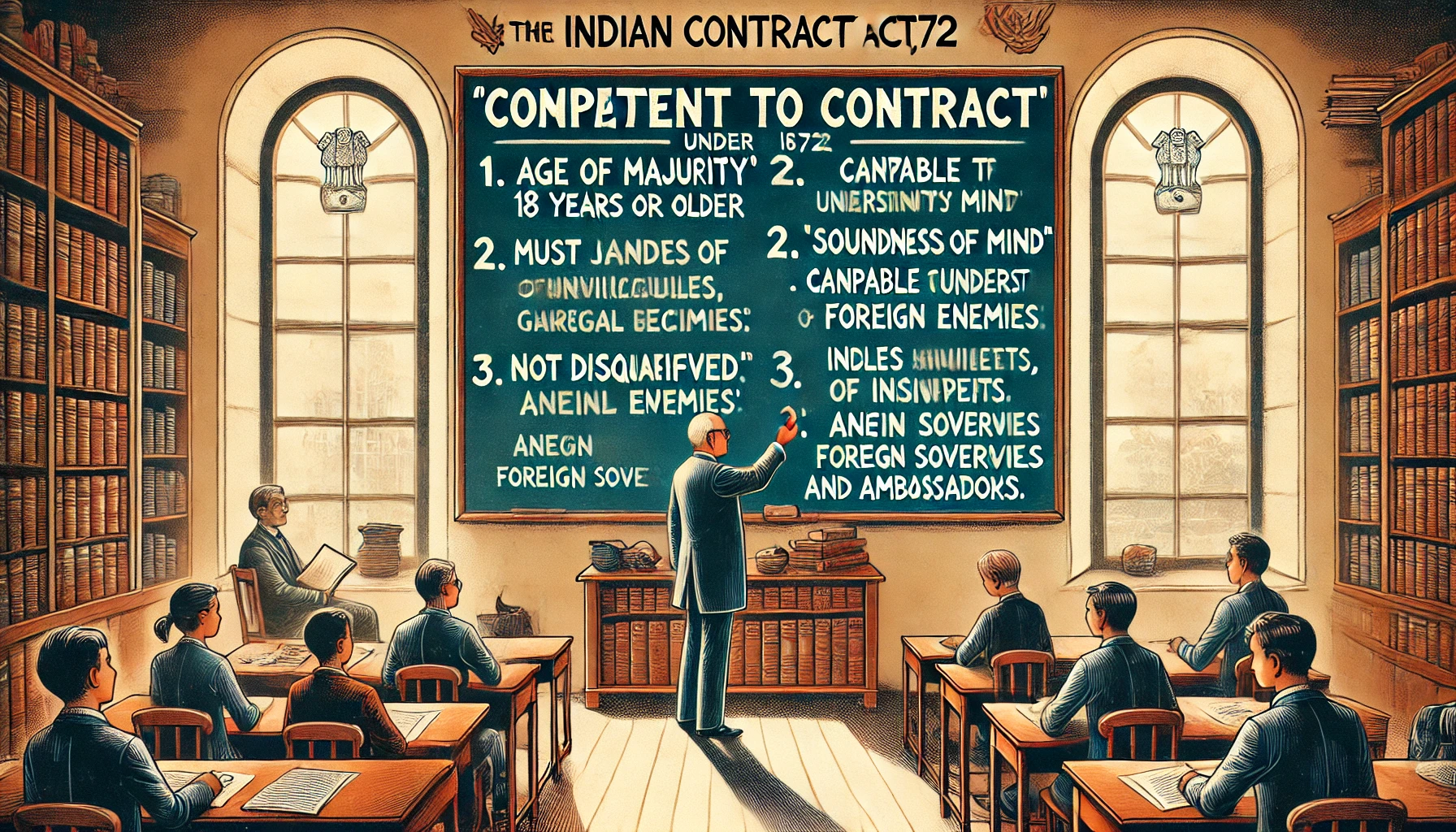
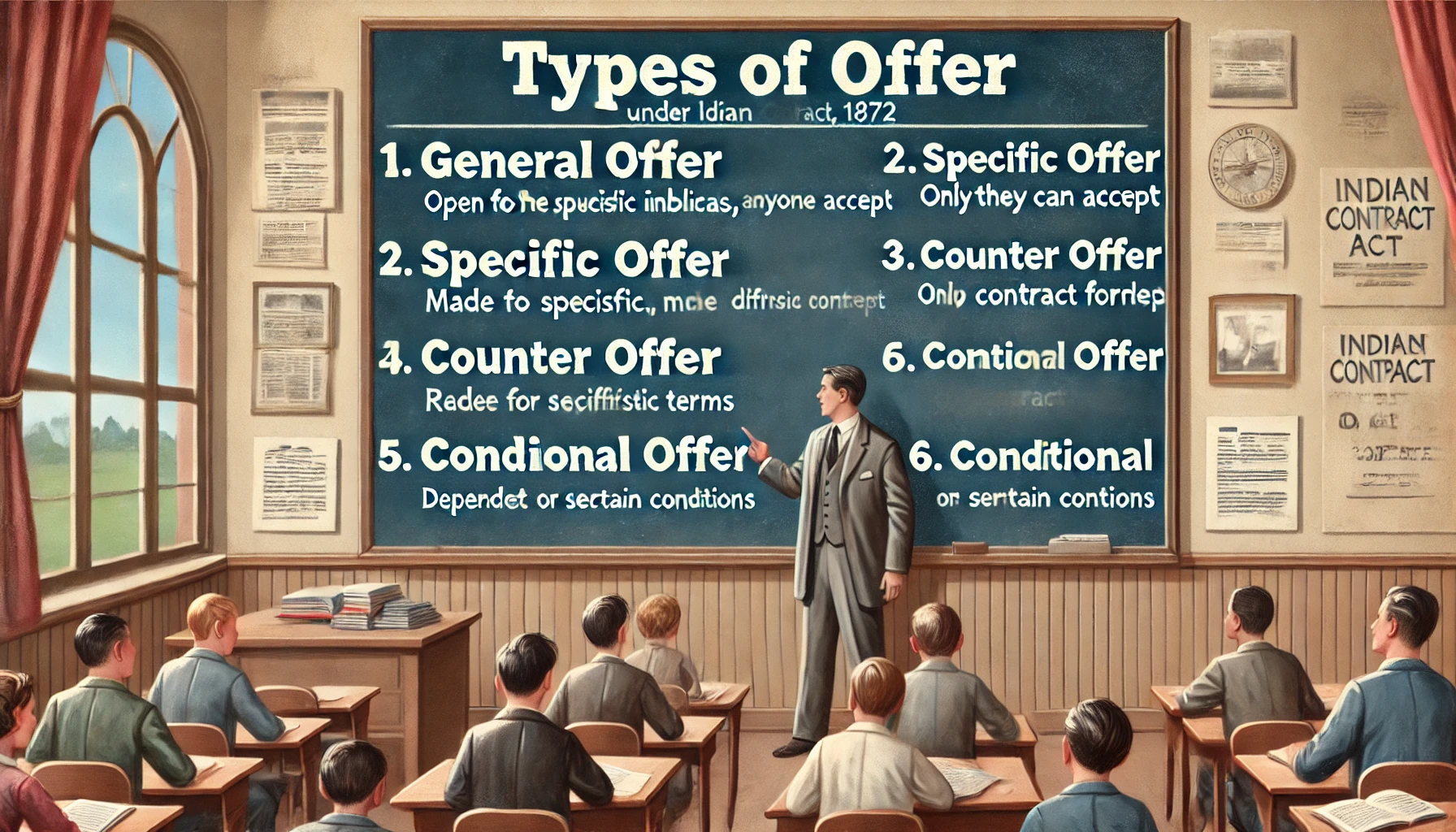
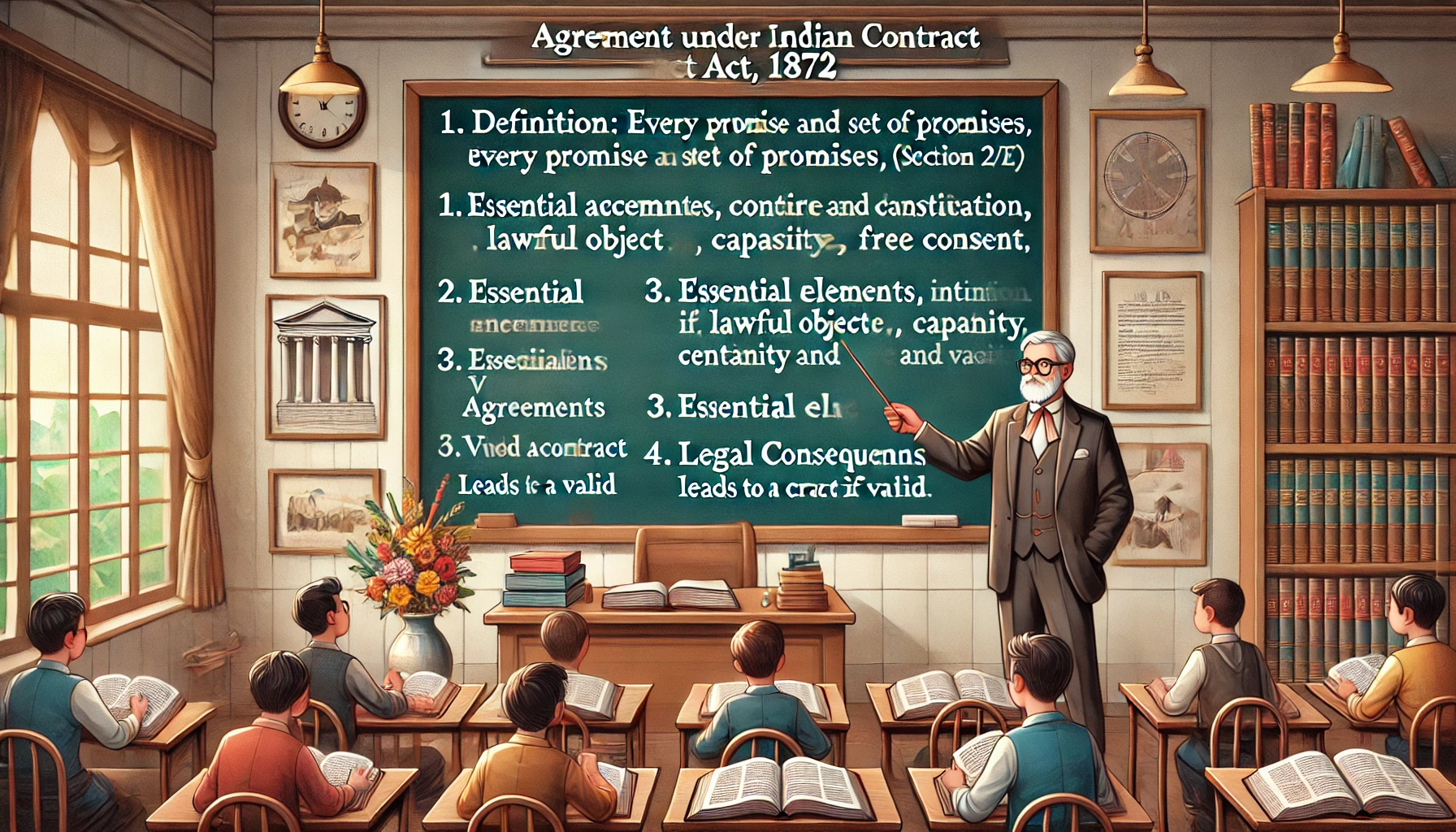
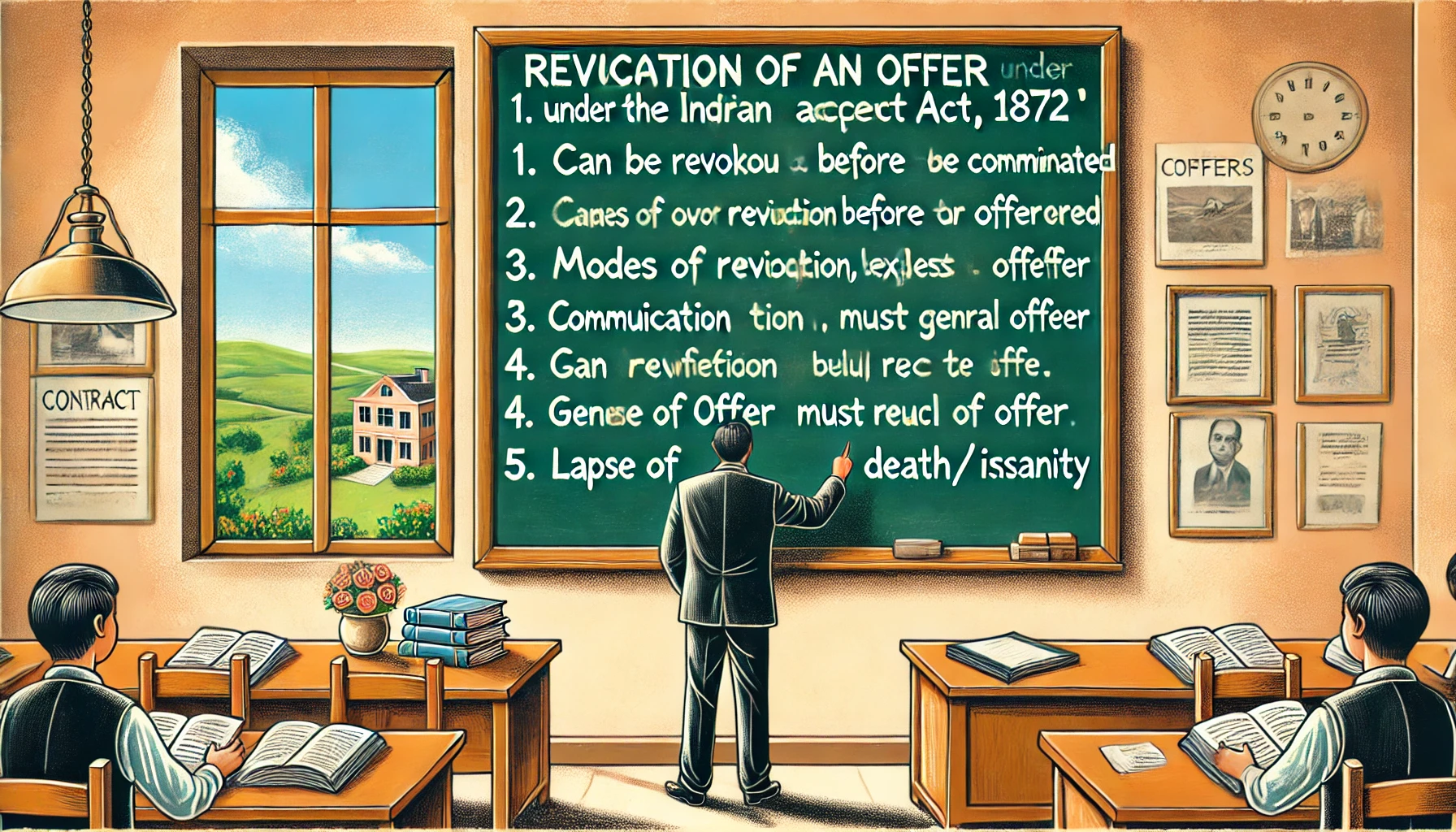
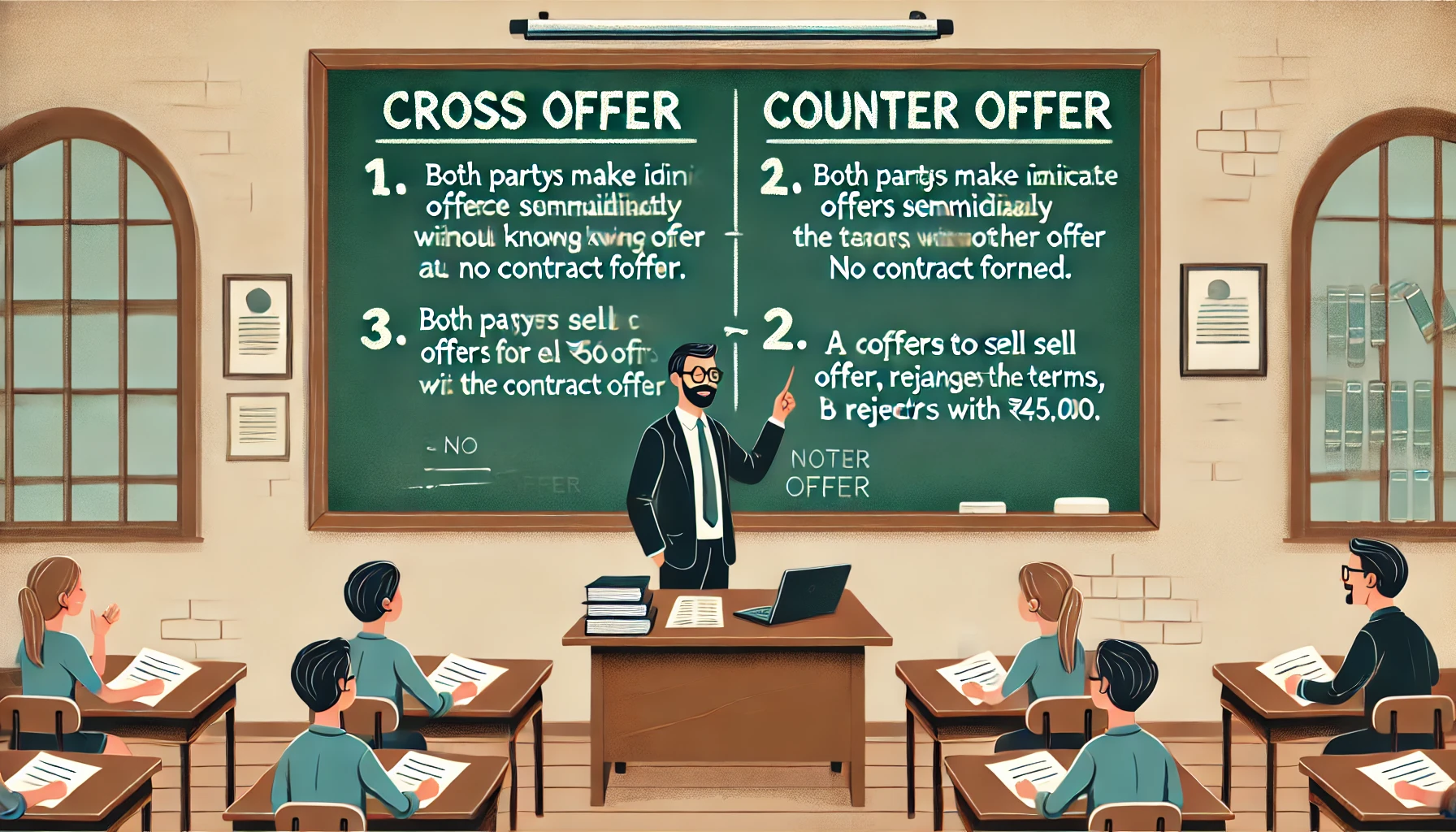
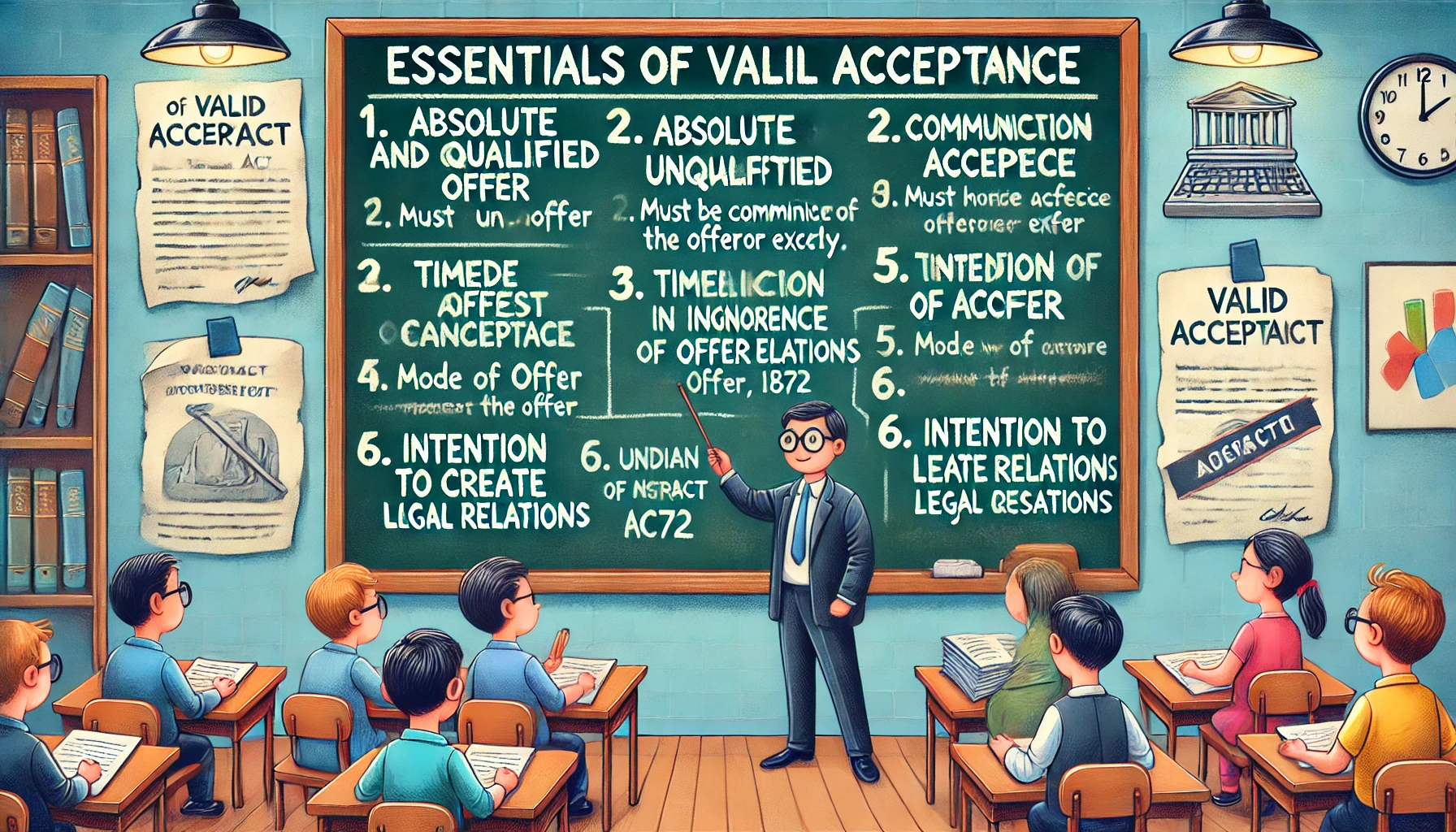


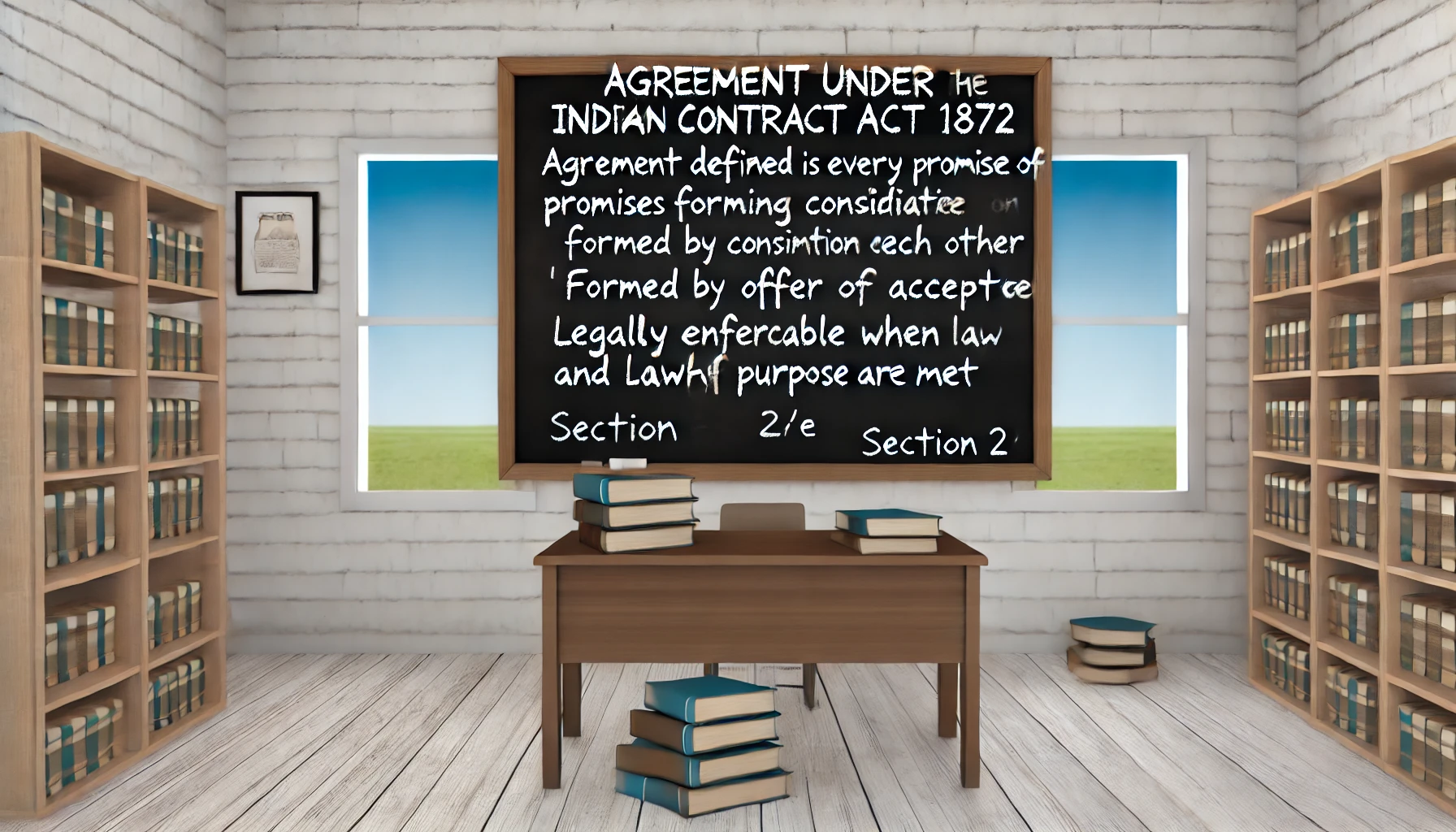

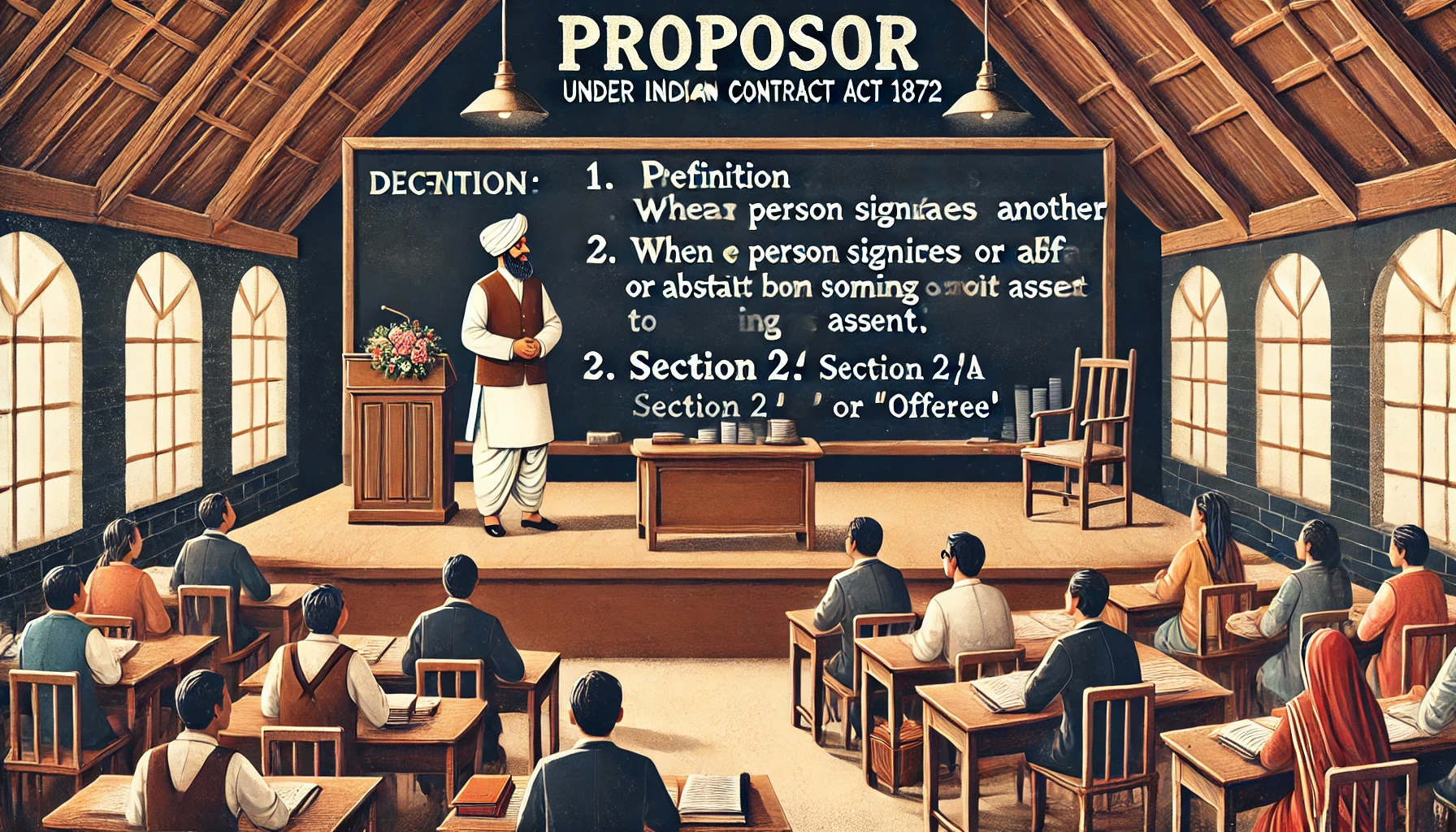































































































Comment
Nothing for now